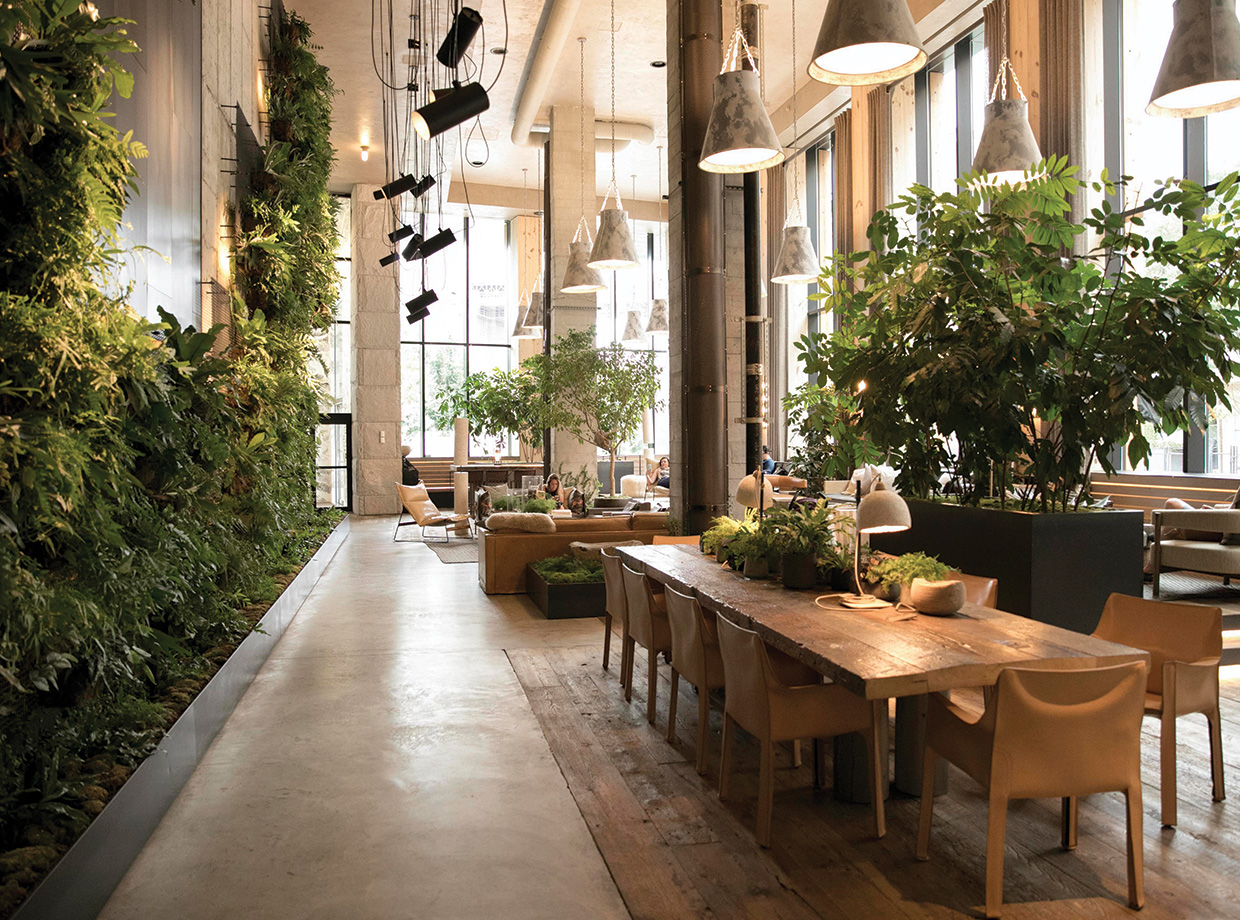In an official announcement today, Mayor de Blasio confirmed that New York City will once again welcome Climate Week this year. Organized by The Climate Group, an international non-profit organization focused on accelerating climate action, Climate Week NYC is the largest climate week in the world, and one of the key summits in the international calendar, running alongside the United Nations General Assembly. To be staged from 24th to 30th September, it is estimated that 10,000 people from over 40 countries will attend the event’s panel discussions, concerts, exhibitions and seminars, which will see international leaders from across the public, private and government sectors gather together to showcase and discuss global climate actions and solutions.
Since its launch by The Climate Group in 2009, Climate Week NYC has helped keep the spotlight on climate action, and over the last decade has grown significantly in profile and influence. Memorable achievements have included the launch of the RE100 campaign, which has now seen over 125 international companies commit to 100% renewable electricity across their global operations before 2050, and the People’s Climate March, where over 400,000 concerned citizens from all walks of life took to the streets of Manhattan, helping to put climate change back at the top of the global agenda. It is hoped that the 10th anniversary will provide another key moment to accelerate the pace towards an under 2°C world.
“New York City is thrilled to host the 10th annual Climate Week to showcase the climate leadership happening all across the five boroughs,” said Daniel Zarrilli, NYC’s Senior Director of Climate Policy and Programs and Chief Resilience Officer. “In the absence of federal leadership in Washington, cities all across the country are stepping up their ambition to achieve the Paris Agreement”, with Mayor de Blasio adding, “We’ve committed our city to hit the highest goals of the Paris climate agreement. We’re divesting from fossil fuels, mandating that our largest buildings cut their emissions, and investing in electric vehicles.”
And here are just some of the ways that NYC is contributing to global climate efforts…
The living wall in the lobby of 1 Hotel Brooklyn Bridge.
Sustainable Hotels
Currently, 19 properties have committed to the NYC Carbon Challenge, an initiative launched to help the City achieve its goal to reduce greenhouse gas emissions by 80% by 2050. These include 1 Hotel Brooklyn Bridge, which opened in 2017 as part of the eco-friendly 1 Hotels brand, The Grand Hyatt New York and The Peninsula New York, which have both vowed to reduce their carbon footprints through upgrades such as high-efficiency boilers and LED lighting, The Pierre, which participates in EarthCheck, a program that measures the hotel’s impact on the environment, and Crosby Street Hotel which was awarded the City’s first LEED Gold Certified building.
The award-winning High Line in Chelsea.
Green Spaces
The High Line, an abandoned elevated rail line, has been transformed into a horticultural oasis, and the award-winning park now serves as a habitat for birds and insects.
At Battery Park City, horticulturists manage the neighborhood’s park without pesticides and engage in large-scale composting.
Hunter’s Point South in Long Island City, Domino Park in Williamsburg and Pier 3 at Brooklyn Bridge Park are just three of the new green spaces that opened this summer, and in June, Central Park joined Brooklyn’s Prospect Park in becoming entirely car-free.
The Barclays Center in Brooklyn.
Green Roofs and Urban Farms
The Jacob K. Javits Convention Center is home to a 6.75-acre green roof which attracts wildlife, provides insulation that cuts the building’s energy use by 26 per cent and absorbs storm water. Its latest initiative is to cultivate a nearly 1 acre rooftop farm on the roof of the expansion, with the intention to grow produce to serve delegates.
Brooklyn’s Barclays Center, famed for its sporting events and concerts, is covered by a 3-acre green roof, with another sloping over its subway entrance.
Soil rooftop farming company and sustainability center Brooklyn Grange keeps bees in over 30 naturally-managed, rooftop hives citywide, and operates the world’s two largest rooftop soil farms in Long Island City in Queens and the Brooklyn Navy Yard.
The New York Botanical Garden in the Bronx introduced an Edible Academy this spring, a three-acre campus featuring a green roof, demonstration kitchen, technology lab, teaching greenhouse, solar pavilion, vegetable gardens, teaching and performance spaces. And Snug Harbor’s 2.5-acre Heritage Farm on Staten Island sustainably produces fresh fruit and vegetables, educating children on sustainable farming, food sources, and plant biology.
At Hudson Yards rainwater is collected to irrigate the development's plants and trees.
Utilities & Power
At Hudson Yards, the largest private real estate development in the US, rainwater-collection infrastructure reuses 10 million gallons per year, and it is also home to an on-site hyper-efficient power plant.
The LEED-certified Brooklyn’s Children’s Museum features solar-generated electric power, recycled rubber flooring and geothermal heating and cooling, and the Whitney Museum of American Art is also LEED-certified for its energy-saving measures, recycled materials used in construction, and green roof which is home to two beehives.
Related Reading:
With Warmth, A Warning
1 Hotel Brooklyn Bridge: A Sustainable Bolthole In NYC






